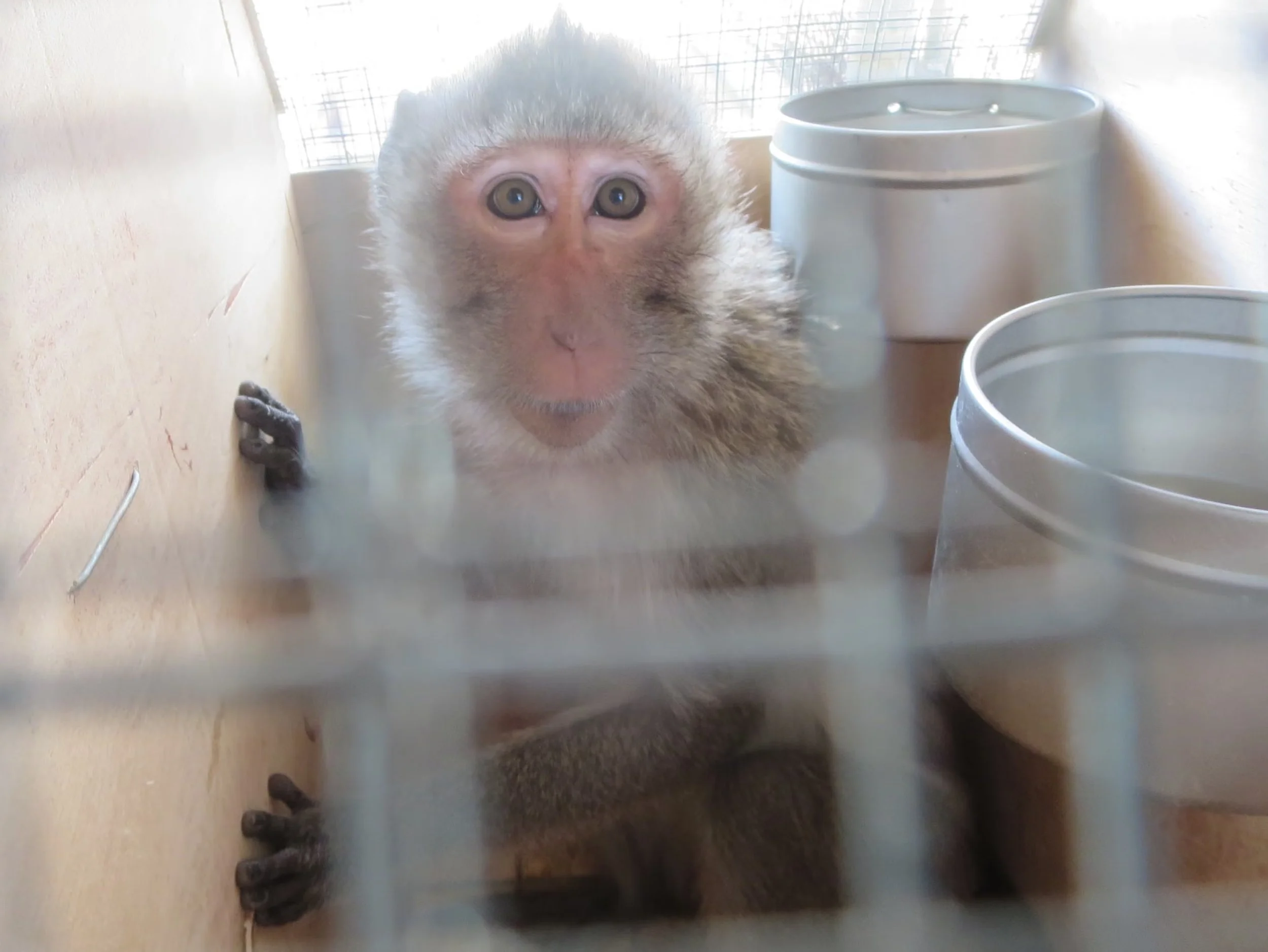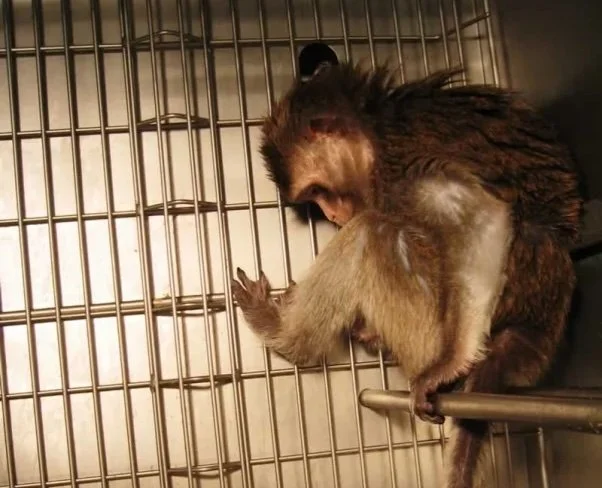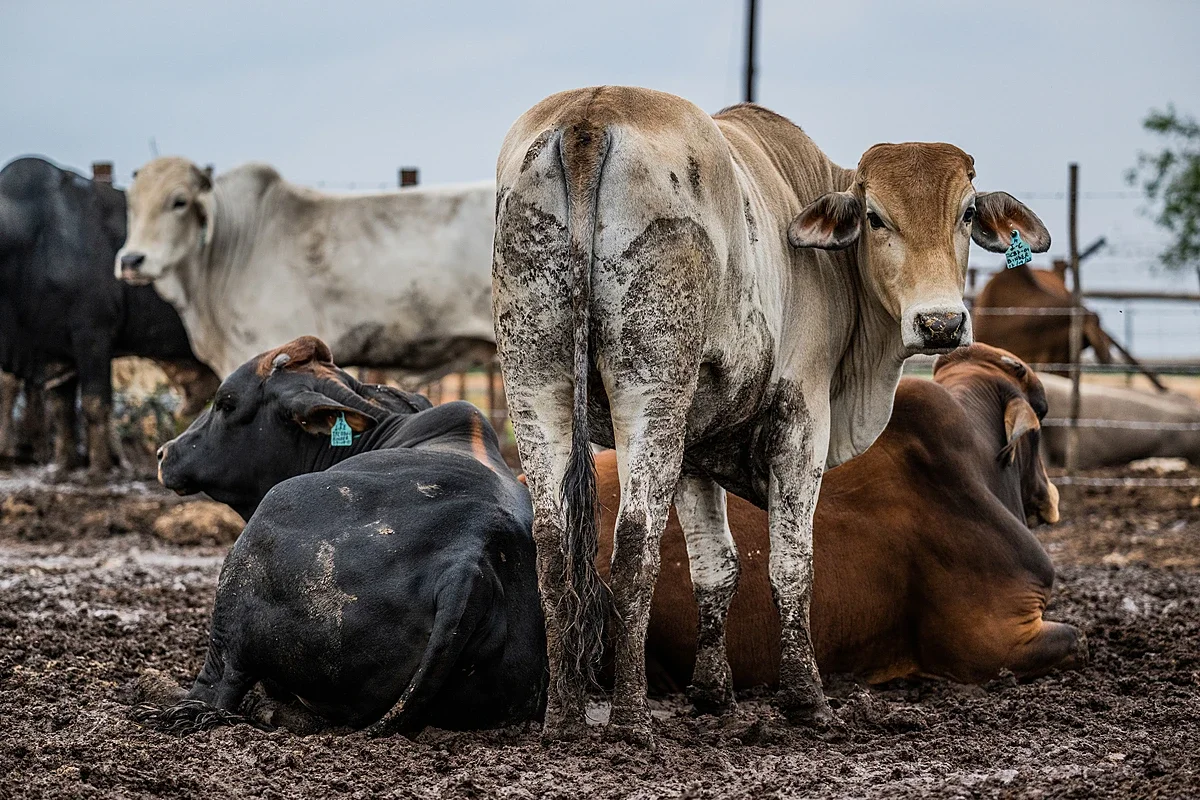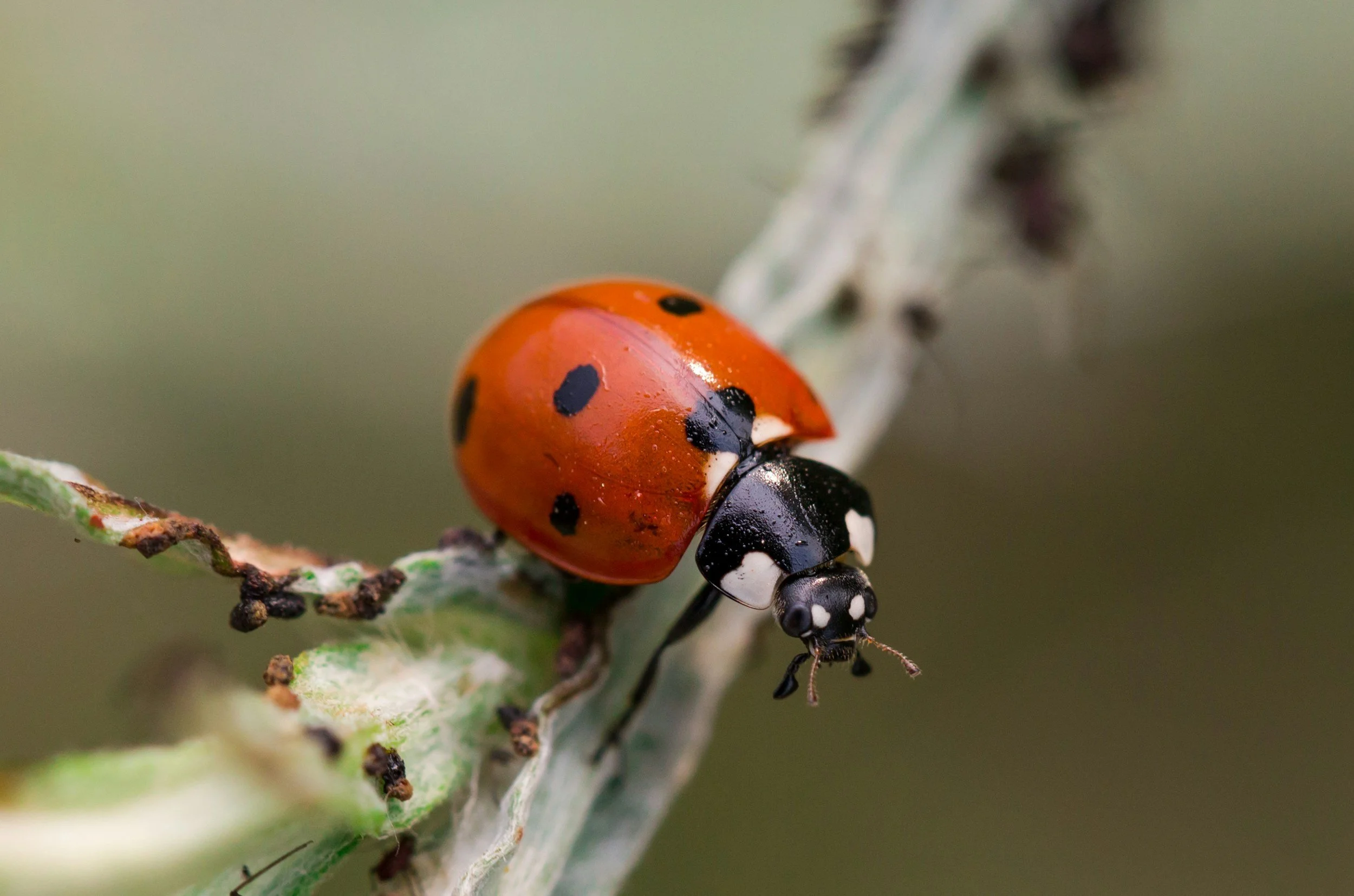Thousands of monkeys unaccounted for in Vietnam’s primate breeding trade, report finds
New analysis raises concerns of wild-caught macaques being fraudulently sold as captive-bred to supply U.S. laboratories.
Credit: PETA
Macaques in Vietnam are likely being illegally captured from the wild and falsely labeled and sold as “captive-bred” to meet the demand for monkeys in biomedical research, according to a new report.
Analysis of publicly available data and official documents discovered evidence of possible corruption and disease risk in Vietnam’s trade in monkeys for use in US laboratories.
The findings are released in a report, Vietnam’s Macaque Trade: Inconsistencies, Manipulated Inventory, and Zoonotic Risks, by People for the Ethical Treatment of Animals (PETA).
The analysis found discrepancies in the number of macaques reported as acquired and sold by breeding farms in Vietnam, with more than 4,000 animals unaccounted for. Campaigners say the missing figures suggest monkeys may have been captured from the wild and illegally funnelled into the trade.
The report highlights how one breeder began 2023 with 4,864 macaques. Based on reported births, purchases, deaths, and exports, there should have been 3,579 macaques at the end of the year. The breeder claimed to have 4,449 macaques, an unexplained increase of 870 animals. Another facility reported exporting more monkeys than ever listed in its inventory.
Researchers also found apparent manipulation of breeding records, with one farm submitting two reports showing significantly different birth figures for the same period.
The report further links macaques exported from Vietnam to tuberculosis outbreaks in laboratories in the US and Europe, raising serious concerns about gaps in international biosecurity.
In response to the evidence, PETA is calling on the U.S. Fish and Wildlife Service, the Secretary of the Interior, and the Centers for Disease Control and Prevention to suspend primate imports from Vietnam to the U.S.
The animal rights organization is also urging the Environment and Climate Change Canada and the Canadian Food Inspection Agency to preemptively block potential imports from Vietnam.
“PETA’s report points to a profit-driven monkey trade contaminated by fraud, cruelty, and disease,” said PETA Senior Science Advisor on Primate Issues Dr. Lisa Jones-Engel. “PETA urges federal agencies to act now and shut down this reckless trade.”
Monkeys used for experiments are often housed inside tiny and virtually barren cages for their entire lives, deprived of everything that’s natural and important to them. Credit: PETA
Over the past two years, U.S. companies, such as Envigo and Charles River Laboratories, have imported more than 9,000 long-tailed macaques from Vietnam, with individual animals reportedly costing more than $10,500.
Charles River Laboratories has been under civil and criminal investigation by the U.S. Department of Justice, after it was revealed that monkeys in U.S. labs had been illegally caught from the wild and smuggled from Cambodia.
Envigo, a former beagle supplier for animal testing, pleaded guilty to conspiracy charges earlier this year for violating the Animal Welfare Act. The company was fined $22 million following a two-year USDA investigation and undercover exposés. The settlement included the closure of its Virginia breeding facility, where thousands of beagles were mistreated, and led to the adoption of nearly 4,000 dogs.
The two companies also have connections to Safer Human Medicine, a company attempting to build a macaque-breeding facility in the small town of Bainbridge, Georgia. Once built the facility will be capable of holding 30,000 long-tailed macaques.
The plans have been strongly criticized by animal welfare groups and many local residents in the small city of Bainbridge, Georgia, who have taken their fight to the courts through two separate lawsuits in an attempt to have the facility’s planning permission revoked.
According to a whistleblower report provided to animal welfare group PETA, to initially fill the facility, there are plans to import up to 20,000 endangered long-tailed macaques from Vietnam.
The species is classified as “endangered” on the IUCN Red List of Threatened Species, and wild populations have declined over the last few decades in part due to the biomedical industry’s demand for the monkeys.
The U.S. experimentation industry is currently holding 108,000 monkeys in laboratories, where they’re being used as test subjects for herbicides and pesticides or to test new pharmaceutical drugs
Both the National Institutes of Health and the USDA admit that 95% of all new drugs that test safe and effective in animals are either unsafe or ineffective in humans.
Please join Species Unite in speaking out against the monkey-breeding facility - sign our petition here.
Learn more by listening to the Species Unite podcast episode with Dr. Lisa Jones-Engel, ‘S11. E5: Stop the Georgia Monkey Farm!’ - listen here.
We Have A Favor To Ask…
Species Unite amplifies well-researched solutions to some of the most abusive animal industries operating today.
At this crucial moment, with worldwide momentum for change building, it’s vital we share these animal-free solutions with the world - and we need your help.
We’re a nonprofit, and so to keep sharing these solutions, we’re relying on you - with your support, we can continue our essential work in growing a powerful community of animal advocates this year.





